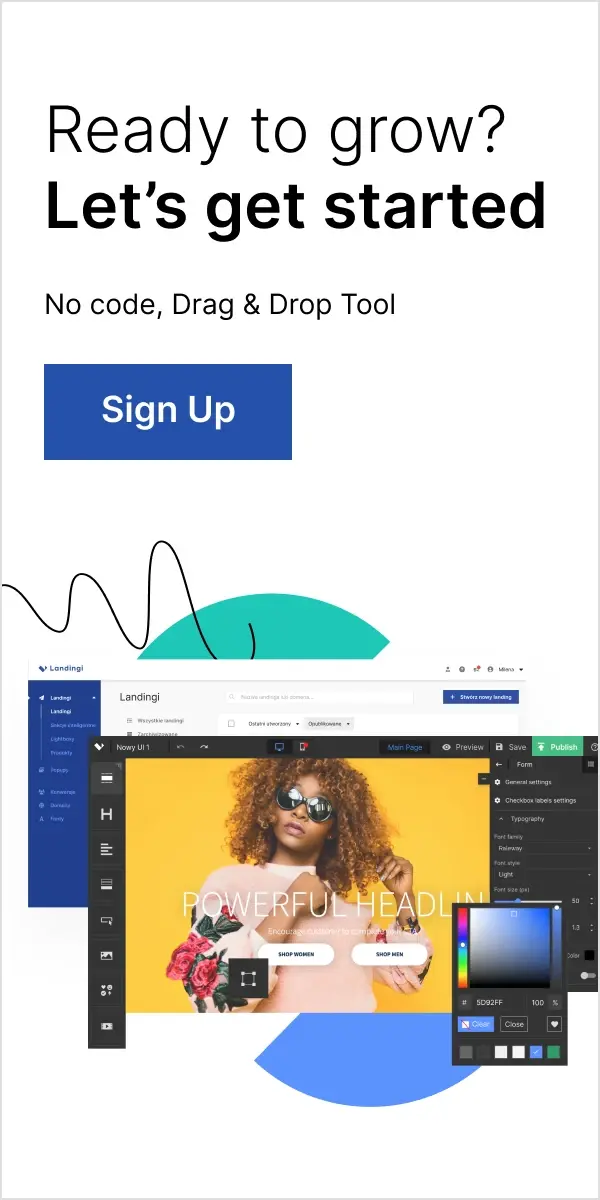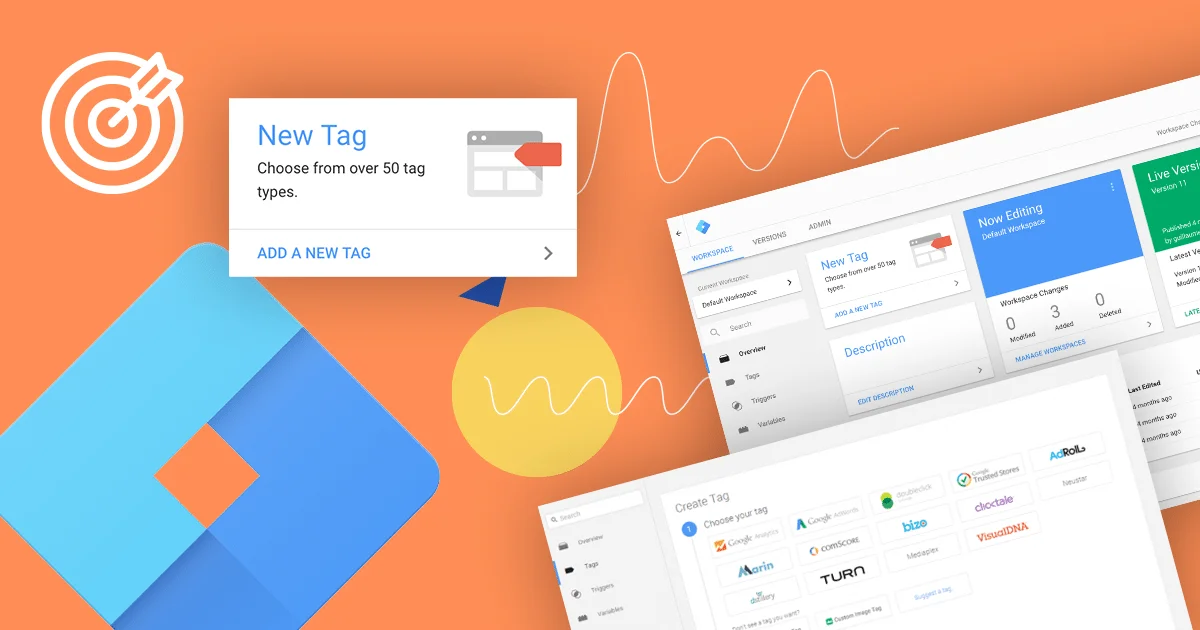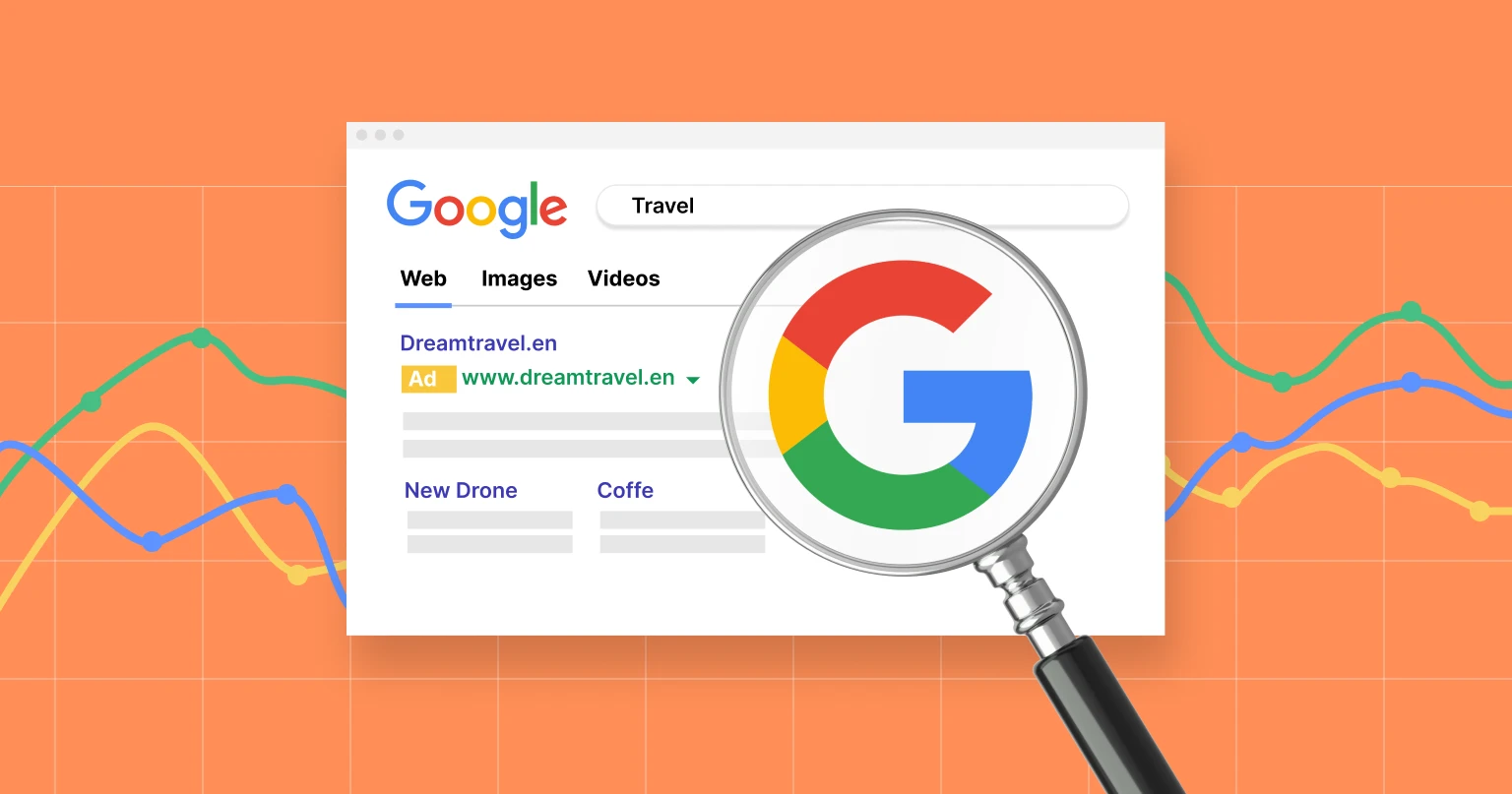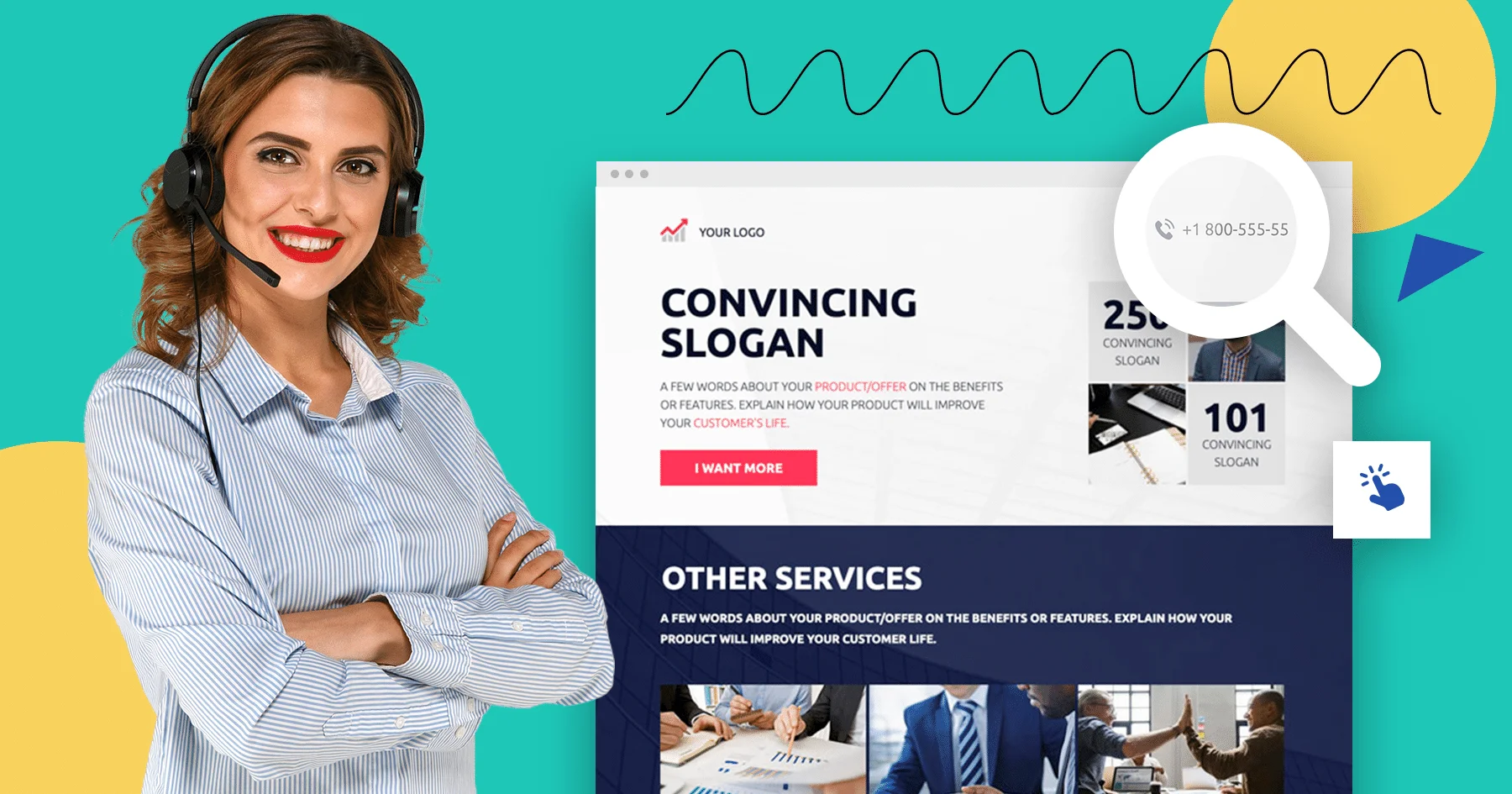Congratulations! You’ve just fulfilled your greatest dream – starting your own business. It’s something new for you, so no wonder you’re constantly looking for information about whether or not you’re doing everything right.
Growing a small business is not easy – it may even be one of the most demanding challenges of your life. However, if you manage it properly, it can bring a lot of satisfaction.
We have created this guide to assist you with growing a business from the perspective of a marketer. It can be used as a checklist to ensure that you implement everything in your power to make the process of business development as enjoyable and rewarding as possible.
Make use of these tips and get answers about how to grow a small business.
6 actions you can take to get your business off the ground
#1 Make data-based decisions
Most of you probably feel like you’ve heard it all before (and not just once), but proper analytics is the key to success. New business owners are scared of it but when you start off with a clear plan and then gather all the latest and most relevant information, you’ll be on the right track. Data should be the foundation of every marketing decision (more or less), so if numbers are not your strong point, think about hiring somebody to outsource the job to. An expert will lead to better performance, increasing the chances of success for your small business.
Understanding customers’ behavior, tracking their journeys, plus continually making and analyzing reports are essential for knowing whether or not your business is working well. By examining the data, you will be able to react quickly to any change. In business, intuition alone is not enough. Remember to keep an eye on the competition too. Make benchmarks, summaries of competitors’ products, a market outlook, and perform a competitive analysis in order to stay constantly switched on.
As a small online business owner, you probably already have a homepage and social media accounts, so you should arm yourself with a few helpful tools – we’ll be covering them throughout our article too.
For instance, Google Analytics can become your partner in business. With this tool, you will be able to draw relevant conclusions for growing your business. It can monitor traffic, and show you such metrics as:
- bounce rate,
- the ratio of new to returning visitors,
- where traffic is coming from,
so that you can figure out where you should focus your marketing efforts.
#2 Create a landing page

How to grow my small business online? The solution is simpler than you thought – build a landing page for your product or service. It’s one of the most effective ways to get more conversions. A landing page is focused on one goal and aims to achieve it as frequently as possible. What’s more, you don’t need a specialist to build one on your own – just a good landing page creator and a bit of time.
You may say “I don’t need a landing page; I already have a homepage that does its job.” Having a website shouldn’t stop you from building a product-dedicated landing page, as it keeps visitors’ attention longer and can lead them to a specific action. It can also drive traffic to your website once optimized for the right keywords.
You have probably heard about creating a sales or marketing funnel.

It’s essential to help grow a small business. It’s a multi-channel digital marketing strategy designed to drive your visitor to make a purchase decision. It’s crucial to create awareness and interest in your products and help you to acquire new customers.
A landing page is an integral component of this funnel and it can help guide visitors to its next element. If you need inspiration on using a landing page as a funnel, check out some landing page examples.
The whole process of creating a landing page isn’t complicated. You can choose from a wide range of landing page templates and properly customize them to turn your vision into reality. Remember that the most crucial element of a landing page is a CTA (call to action). It’s not only supposed to encourage visitors to make a purchase, but can also drive them to leave a piece of information about themselves (e.g. email address), book a demo, or to test out a free trial.
It may be even more beneficial to focus on a landing page than a homepage – they are easier to test and usually much easier to make corrections to (especially if you use a landing page builder). It’s certainly worth considering whether such a solution could answer your question of how to grow a small business.
#3 Be visible online
Having a landing page isn’t enough. If you are wondering how to grow a small business online, you need to realize how crucial it is to be present where your potential customers are. It would be best if you have consistent communication so that no matter which channel they use, clients would get the same message. Where should you be visible online? There are a few places you should consider.
Social media
Are you present on social media? Are you regular and active there? If you didn’t shout “yes!” from the start, you need to improve that at least. Refresh your accounts and maximize social media communication. This is essential, especially for small businesses, for which building loyalty and authenticity is crucial.
No other communication channel will give you such an opportunity to create a community. People like to feel that they are directly involved with your brand. According to the Statusbrew review, 50% of customers say they follow a brand on social media to learn about new products and services. How many people could pass you by, completely unnoticed? Planning your social media strategy is the first step to being visible on the Internet.
Content marketing
Expand your marketing operation by one more step. Content marketing doesn’t just refer to social media – show off your blog as well. For instance, your blog’s WordPress landing page can increase traffic to your website, convert it into leads, and produce long-term results that grow a small business. A content marketing strategy can also help you with building authority in your industry.
If your blog is visible, potential customers will find you online by themselves. Nevertheless, remember that content needs to be of outstanding quality; search engine algorithms will check them carefully. Don’t focus on high rankings only – you should find the right balance between writing for people and SEO. If the text sounds strange and unnatural, there must be something wrong.
Online communities
There are many challenges facing people growing a small business nowadays. The Internet is such a competitive environment that you should continuously try to find new solutions to enhance your visibility. Online communities are an excellent, free option to do that. Think about starting an exciting group related to your industry on Facebook or using forums (such as Quora) to build authority.
At first, you need to carry out research and discover which communities would be the most relevant for your business and industry. Don’t forget to provide content on topics that interest people in such places, otherwise they will quickly overlook your content and consider it as spam.
#4 Be sustainable
If your brand has strong CSR (corporate social responsibility) credentials, you are much more likely to attract millennial and Gen Z consumers. 91% of millennials and 90% of Gen Z prioritize socially responsible and environmentally friendly products. That is why you should emphasize sustainability, even if those two groups are not your primary target audience. This approach is appreciated by customers, which means it can boost the growth of a small business.
Small businesses can have a significant impact on the environment. It’s up to you how positive or negative this impact will be. However, being an eco-conscious entrepreneur simply pays off in today’s world. It depends on your industry, but keep an eye on what today’s customers are paying attention to.
What is the source of the materials used in your products? Are they fairtrade and from biodegradable and/or recycled materials? Consider eco-friendly packaging as well.
The same goes for online communication – you need to create a coherent image of a green brand. This encompasses the whole business operation: from green shipping methods to a company culture that bets on a healthy planet Earth.
#5 Use social proof
Social proof is a psychological mechanism. People (in this case, your customers) reflect the behavior of others because they may automatically consider it to be correct. Globally, nearly 8 out of 10 consumers make an effort to read reviews before buying products. This explains the importance of social proof and helps to understand its strength.

Marketers rely on several methods of gathering feedback, and you can use the insights they provide to learn how to grow a small business. In your case, don’t forget to collect reviews (through social media, emails, or websites). Building trust takes time, but it is definitely worthwhile.
You can also think about working with influencers who (if they like it) might show your product or service to their audience. However, it doesn’t always work – the influencer might be obligated to only demonstrate sponsored products, unless you think about a paid partnership with a less well-known affiliate.
The same goes for forming partnerships with other brands, which can also make a significant difference. People are more likely to trust you when they trust your business partner. It’s a good way to get more customers, build a solid reputation, and make your business more popular.
#6 Invest in people
The transition from being a sole owner to becoming an entrepreneur is a big step. However, expanding can give you a real chance of growing a small business into a bigger one. It will take a lot of work, implementation, and learning to trust others. You’ll literally feel like you’re putting your baby in the hands of a stranger. This is normal, so take a leap of faith and it will pay off in the long run.
A brand is created by people. If you have already come across a team of enthusiasts, you’re the lucky one. Building a close-knit group of people, for whom the company’s interests are as vital as their own, is the biggest challenge. However, if you manage to achieve that, make sure that it doesn’t end at this step.
People want to feel that their work offers them a path for development. Invest in staff and the company culture. Training, courses, and your own mini traditions are all examples of things that are going to bring you together. Create an environment full of trustworthiness, understanding, and common purpose.
A healthy company culture can be key to employing highly engaged, productive, and motivated professionals. The result will be a workplace atmosphere where the employees lift each other up, and their work goes above and beyond your customers’ needs. At this point, you have to care about them on your own, but maybe one day, your company will grow so big that you need to hire an HR expert?
To sum up
Sometimes you’ll get frustrated and sometimes you’ll want to quit, but just keep going. Being an owner of a business, no matter its size, can definitely be scary. But it’s your own little world, your dreams, and expectations. So even if expansion doesn’t always fit in with your projections and is beyond your control, remind yourself how far you have come so far. You’re ready for development and taking the risk. You will do everything in your power and already have the foundations of knowing how to grow a small business to the next level.







